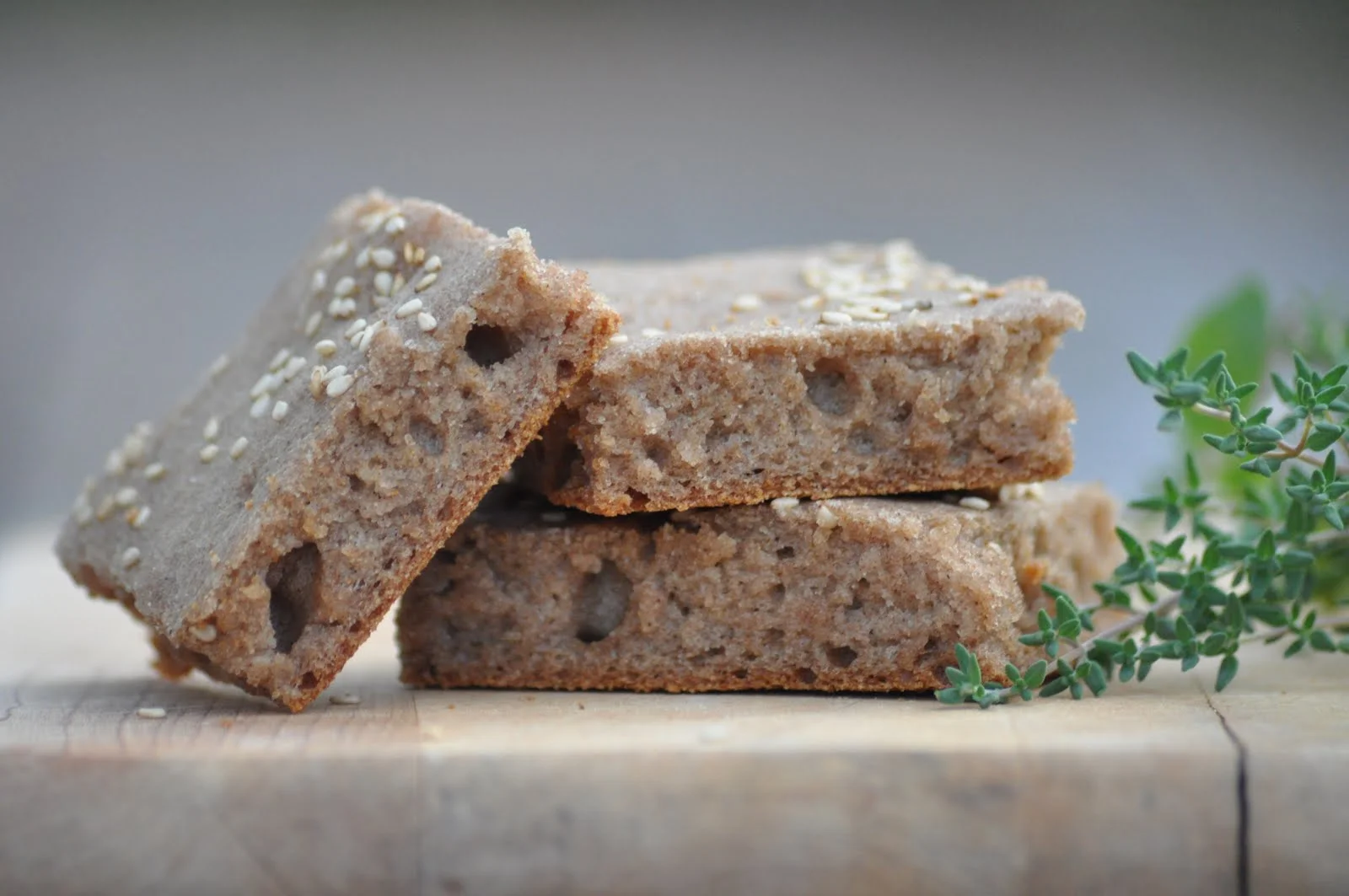RECIPES
Besides general hygiene, did you know there are both diet and lifestyle tips that are well recognized to be helpful in Preventing Infections? Check out the link below.
We have compiled some great Immune Building Recipes that we would like to share with you. To see all seven of them click on the button. We hope you try them out and enjoy. To Your Best Health!
Immune Building Recipes
So. . . which one do you want to try first?
Preventing Infections Handout
If you are looking for some wholesome recipes that are also delicious, check out the wide selection of Healthy Recipes from the Whole Life Nutrition Kitchen website. In the Recipe Index you can find a variety of wholesome and healthy Breakfast, Lunch, Main Dish, Dessert, Appetizer and Snacks, Soups and Stews, Salad and Vegetable, as well as Whole Grain (even gluten-free) recipes from which to choose. The "How To" section of this recipe index also has practical ideas for "How to Pack a Healthy School Lunch", and ideas for "Nourishing the New Mom: Postpartum Breastfeeding Foods". Don't let yourself get stuck in a rut - find some recipe that interests you and plan to try something new, different and exciting. Hope you enjoy them. Bon appetit.
Another new resource we found for recipes is from the authour of the book YUM plant-based recipes for a gluten-free diet. This link contains only a small sample of recipes from the book that are not only gluten-free and healthy, but also tantalizing to the tastebuds. For more information on the book see the link below.
GLYCEMIC INDEX
Of the two very important types of therapy for helping control abnormal glucose levels (diet and exercise), one dietary approach that can be effectively used for prevention and management of both diabetes and coronary heart disease is the Glycemic Index. The Glycemic Index (GI) is a relative ranking of carbohydrate in foods according to how an individual food affects our blood glucose (sugar) levels after being consumed. Foods with a high GI (value of 70 or more) increase blood sugar higher and faster than foods with a low GI (value of 55 or less). It is important to note that foods are only assigned a GI value if they contain carbohydrates (carbs). Hence, foods without carbs won’t be found on GI lists. Another important point to note is the clear distinction between Low GI and Low Carbohydrate foods in the marketplace. Low GI foods are Slow Carb, NOT Low Carb.
When eaten in moderation as part of healthy, balanced diet, (which includes a variety of whole and unprocessed foods), foods with a lower glycemic index are generally the preferred choices because they are more slowly digested, absorbed and metabolized which results in a lower and slower rise in blood sugar, and therefore, insulin levels. To see the GI food list provided by Diabetes Canada, click on the Glycemic Index Food Guide.
Over thirty years of scientific research shows that Low GI Diets not only help improve abnormal blood glucose levels in people living with pre-diabetes and Type 2 diabetes, but a Low GI diet can also help people reduce insulin resistance as well as reduce waist circumference (by helping lower elevated insulin levels which makes fat easier to burn and less likely to be stored). Low GI Diets can also help lower elevated blood cholesterol levels, particularly LDL cholesterol, especially when combined with an increase in dietary fibre, hence the benefit for reducing coronary heart disease. The researchers who maintain the GI database caution, however, that the glycemic index should not be used in isolation and that other nutritional factors — such as calories, fat, fibre, vitamins and other nutrients, as well as portion size and a meal’s overall glycemic load — should also be considered.
________________________________
And we discovered delicious Low Glycemic Index (GI) recipes and meal plans on this Australian website with their slogan "Don't cut carbs! Don't go hungry! Just make simple swaps from high to low GI foods". Low GI (Glycemic Index) foods help make a person feel full which then helps manage both hunger and metabolism. The link to this Australian Glycemic Index Foundation website will explain more about the Glycemic Index and Glycemic Load, and contains a handy "Swap It" tool which shows you how to switch your usual carbohydrate food for a lower GI one. To help implement a low GI Diet look at their “making healthy choices easy” sample meal plans such as "Low GI Meal Plans" as well as their “Tips to Eating Out” and "Recipe Guidelines". One of their recipe guideline tips: “With rice and potatoes, you can reduce the overall glycemic impact by creating “fifty/fifty” combos. For example, for mashed potato, replace half the potato with canned beans, carrots, parsnip or pumpkin. Or add lentils or quinoa to rice”.
Gluten Free Bread
Recipe from Nourishing Meals cookbook
Whole Grain Flatbread
Yeast free & Gluten free
In the future this page will also include some of our staff's favourite and delicious recipes that we all enjoy and would love to share with you.
Recipe Books we Recommend
Here is a fantastic recipe book we can highly recommend for you to try. In fact, we like this book so much we have this book for sale at the clinic. Come take a look at it if you are interested in seeing some of the recipes.
Nourishing Meals: Healthy Gluten-Free Meals for the Whole Family, by Alissa Segersten and Tom Malterre.
Paperback, 548 pages. Published 2012. Whole Life Press, Bellingham, WA
A whole foods cookbook and guide to raising healthy children including over 300 nourishing gluten-free, dairy-free, and soy-free recipes.
For a review of this book see http://www.goodreads.com/book/show/16240550-nourishing-meals
Our new find for gluten-free plant based recipes is the book "YUM plant-based recipes for a gluten-free diet" by Theresa Nicassio, PhD. This Vancouver, BC based psychologist and authour has an engaging and compelling story of a personal health journey that led her to discover how diet can be a significant aid in recovering and maintaining health. The book contains 180+ easy, healthy and delicious recipes and is a great educational resource for those who need ideas and help in pursuing a gluten-free or more of a plant-based diet. In addition to the tips and recipes, the book contains a lot of other information, educational resources and practical advice.
For a review and sample content of this book click here.







